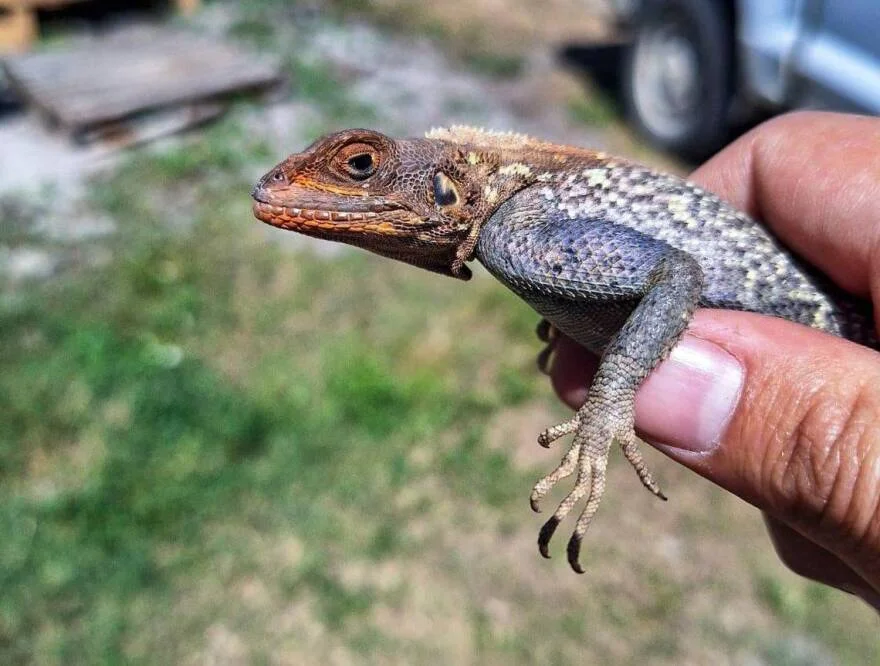
Turf War Among Lizards in Florida Impacts Mosquitoes, Possibly Health
In a surprising turn of events in Florida, a turf war among lizards is having a significant impact on the local mosquito population, which could have broader implications for public health. The Sunshine State has long been a battleground for various species of lizards, but recent observations suggest that these territorial disputes are now influencing the ecosystem in unexpected ways.
Researchers at the University of South Florida have been studying the behavior of two common species: the native green anole and the invasive brown anole. The brown anole, originally from Cuba, has been outcompeting the green anole, pushing them into smaller territories. This shift in lizard populations has led to a noticeable decrease in mosquito numbers, as both species are known predators of the insect.
The reduction in mosquitoes could be beneficial for Florida residents, as these insects are vectors for diseases like West Nile virus and Zika. However, the long-term effects of this ecological shift are still under investigation. Scientists are concerned about the potential for other, less desirable species to fill the ecological niche left by the diminished mosquito population.
This ongoing research underscores the complex interplay between invasive and native species and their impact on local ecosystems. As Florida continues to grapple with environmental challenges, understanding these dynamics becomes crucial for managing public health and conserving biodiversity.